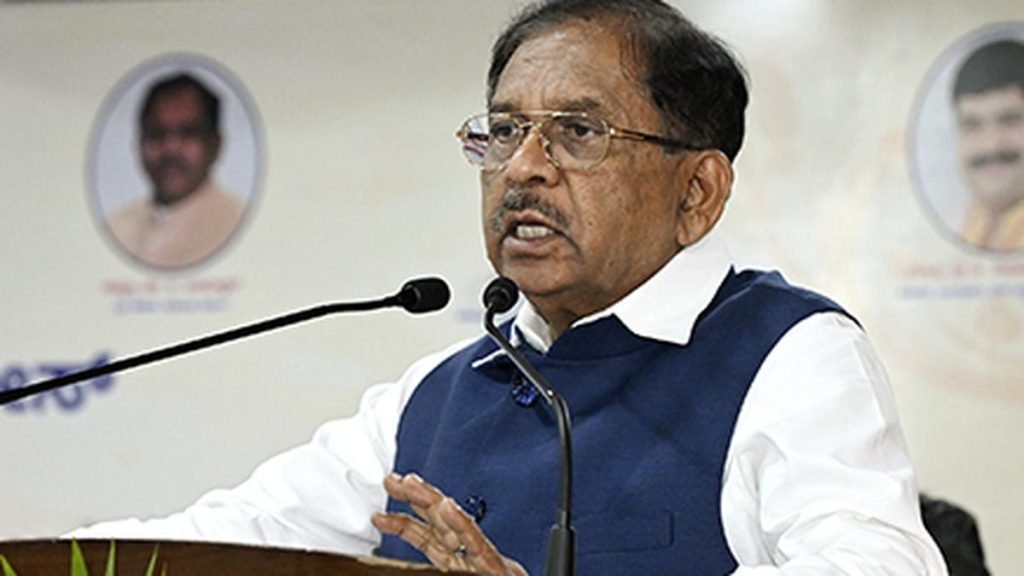Now Reading: RTI Reveals Lack of Data on Sri Lankan Refugees Seeking Return or Indian Citizenship
-
01
RTI Reveals Lack of Data on Sri Lankan Refugees Seeking Return or Indian Citizenship
RTI Reveals Lack of Data on Sri Lankan Refugees Seeking Return or Indian Citizenship

Fast Summary
- The Commissionerate of Rehabilitation and Welfare of Non-resident Tamils in Tamil Nadu lacks data on Sri Lankan Tamil refugees willing to return home or seeking Indian citizenship.
- A government official clarified that repatriation can only occur with voluntary consent, aligning with international law including the 1951 Refugee Convention and UNHCR policies, which prohibit forced repatriation.
- No requests for voluntary repatriation are currently pending with the Commissionerate, according to the RTI response.
- Citizenship acquisition is hindered as refugees are categorized as “illegal migrants” under India’s Citizenship Act, 1955. Illegal migrants cannot acquire citizenship through naturalization or registration.
- A State advisory committee has recommended reviewing this classification considering the Union Ministry of Home Affairs’ concurrence during their admission into India.
- As per data from May 31, 2025:
– 57,118 refugees (19,662 families) live in government camps.
– 32,745 refugees (13,167 families) reside outside camps.
Indian Opinion Analysis
India’s handling of sri Lankan Tamil refugee issues demonstrates alignment with global legal norms such as ensuring voluntary consent for repatriation. This approach acknowledges past precedents and upholds humanitarian principles entrenched in international frameworks like the UNHCR guidelines. However, barriers to obtaining Indian citizenship due to their classification under “illegal migrants” expose systemic challenges requiring policy reconsiderations-notably recommended by Tamil Nadu’s advisory committee.
For India’s governance framework to address these hurdles effectively while balancing national security concerns and humanitarian obligations would necessitate collaboration between state governments and central authorities. The implications extend beyond individual cases; they reflect broader questions about migration policies within a globalized context where refugee crises remain frequent yet varied across socio-political settings.

























